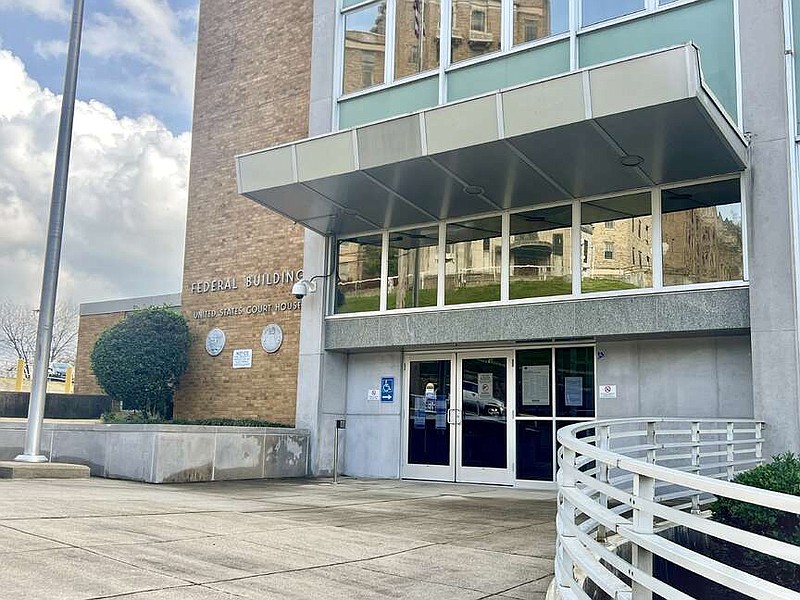HOT SPRINGS -- U.S. District Judge Susan Hickey has taken a motion by the seven public school districts in Garland County for relief from a 1992 court-ordered desegregation plan under advisement after a hearing held Feb. 26 in U.S. District Court at Hot Springs.
Representing the schools, Scott Irby and Gary Marts, of Wright, Lindsey & Jennings LLP, in Little Rock, argued the schools had complied with the order and that it was a hardship to continue to abide by its terms.
"The Garland County school districts were pleased to have an opportunity to present their position to the court and are looking forward to a positive resolution for all students of Garland County," Stephanie Nehus, superintendent of the Hot Springs School District, said Monday on behalf of the schools and their attorneys.
Nehus serves as president of the Garland County Education Consortium.
Justin Hurst, of Hurst Law Group, in Hot Springs, argued for the plaintiff, the National Association for the Advancement of Colored People Unit No. 6013, Hot Springs branch. According to a news release from the law group, he said the order had no "sunset clause," or period after which it was to expire.
"The order needed to be in place to ensure that the school children in Garland County received a fair equitable education and there was no racial desegregation, whether de jure or de facto."
Evidence presented on behalf of the defendants included the 2022-2023 Garland County Desegregation Monitoring Report.
Cutter Morning Star School District Superintendent Nancy Anderson, Fountain Lake School District Director of Instructional Services Steve Campbell, and Jessieville School District Director of Curriculum and Instruction Kendal Glomski were called as witnesses for the defendants.
"Three witnesses from the school district(s) were called to testify and acknowledged that the Garland County Education Consortium had worked well and the semiannual meetings were not burdensome," the news release from Hurst said.
"On cross-examination, Hurst got the school districts' witnesses to admit that they felt pressured by the State to move for unitary status on the threat that if they did not, they would not be accredited."
Hurst, in the argument, said the Arkansas LEARNS Act is "still being investigated to determine the effects of any segregation hidden within the clauses of the broad Omnibus Education Act." He argued the court order is even more relevant with the passage of the act.
On Aug. 18, 1989, W.T. Davis, then-president of the Garland County NAACP, filed, individually and on behalf of a class of taxpayers of the county, a class-action lawsuit against the county alleging that it maintained a racially segregated public school system in violation of the U.S. Constitution.
Hurst and the NAACP believe the decree is still necessary to stifle any remaining remnants of segregation and ensure that no school becomes predominantly one race.
Last August, the seven school districts filed a motion to terminate the court order adopting a school desegregation settlement agreement and to be released from their obligations under it as they seek unitary status.
They argued in the motion that they "have complied in good faith with their obligations under that settlement agreement and have thus eliminated the vestiges of past discrimination."
Garland County remains the only county in the state with a school desegregation case agreement in place. It allows students to transfer to other districts with the limitation that "no student may transfer to a nonresident district where the percentage of enrollment for the student's race exceeds that percentage in his resident district."

